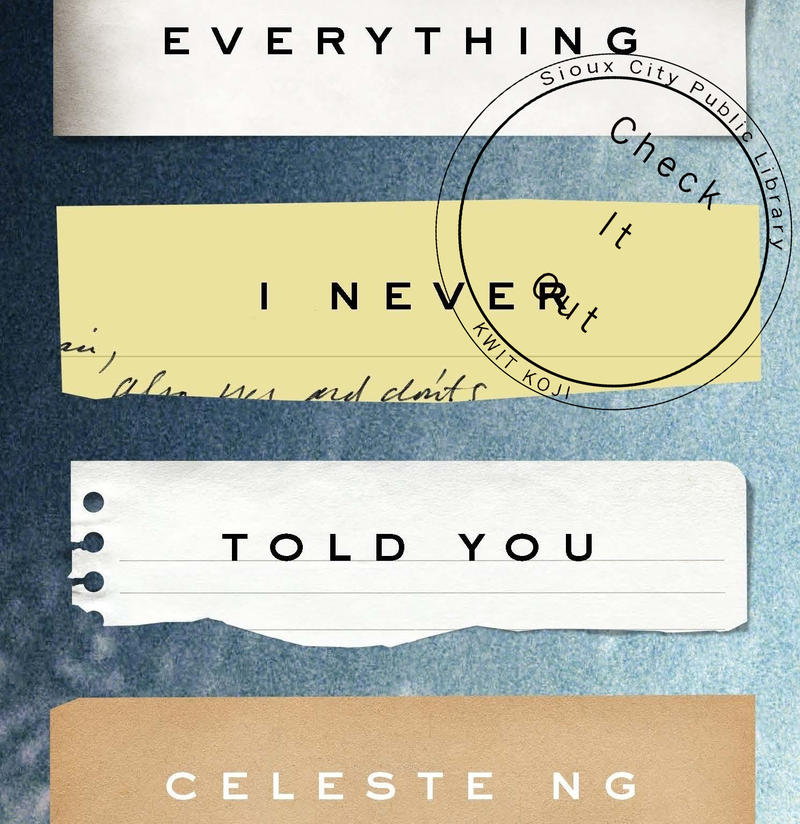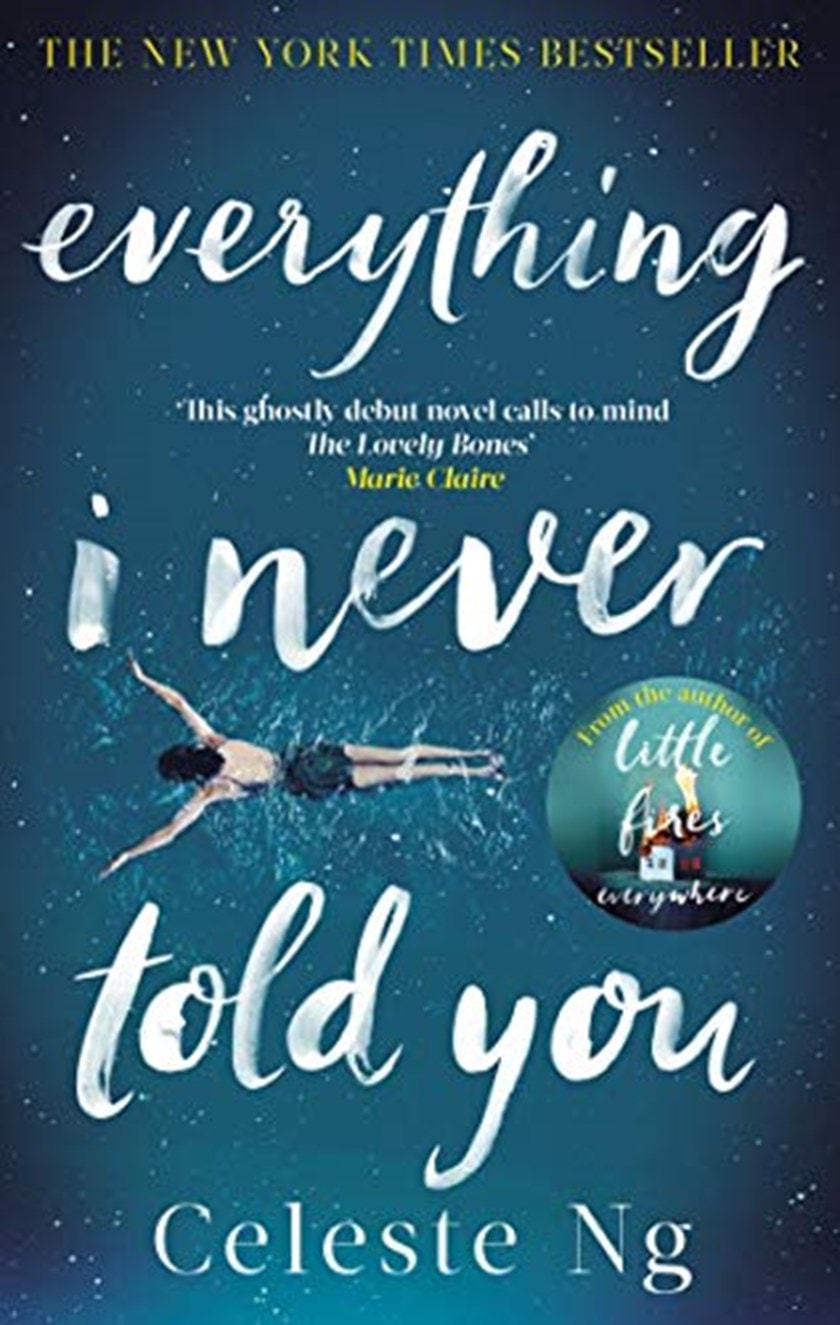

Across the street, in the “house opposite”, lives the owner of the town’s soap factory, with his wife, his children and “a person that you couldn’t be quite sure who he was” named Franz. It begins in a small town in northern Italy, in the years before the war, with a family: an ageing widower, his four children and the family’s companion, Signora Maria. These experiences – her upbringing, her marriage, her motherhood, her husband’s death and the political and moral catastrophe of the second world war – would shape Ginzburg’s writing for the rest of her life.Īll Our Yesterdays, Ginzburg’s third novel, was originally published in Italian under the title Tutti i nostri ieri in 1952. The war ended a year later, when Ginzburg was still in her 20s, a widowed mother of three small children. In 1944, Leone was imprisoned and tortured to death by the fascist regime. The Ginzburgs were sent into internal exile during the war, in the south of Italy, because of Leone’s political activities, but they travelled to Rome in secret to work on an anti-fascist newspaper. Due to the legal barriers imposed by the fascist government on publications by Jewish writers, this novel was printed under the pseudonym “Alessandra Tornimparte”. In 1942, she published her first novel, La strada che va in città (The Road to the City). In 1938, at the age of 22, Natalia married the Jewish anti-fascist organiser Leone Ginzburg, and they went on to have three children together. She and her four siblings grew up in Turin in northern Italy, in a secular and intellectually lively home. Ginzburg was born Natalia Levi, the daughter of a Jewish father and Catholic mother, in Sicily in 1916. I would like to address myself in particular to other readers who are right now awaiting, whether they know it or not, their first and special meeting with her work. For this reason, I wanted to write a little about Natalia Ginzburg and her novel All Our Yesterdays.

This kind of transformative encounter with a book is, for me, very rare, a moment of contact with what seems to be the essence of human existence.

Far more than anything I myself had ever written or even tried to write, her words seemed to express something completely true about my experience of living, and about life itself. It was as if her writing was a very important secret that I had been waiting all my life to discover. I was astonished that I had never encountered Ginzburg’s work before: that no one, knowing me, had ever told me about her books. W hen I first read Natalia Ginzburg’s work several years ago, I felt as if I was reading something that had been written for me, something that had been written almost inside my own head or heart.


 0 kommentar(er)
0 kommentar(er)
